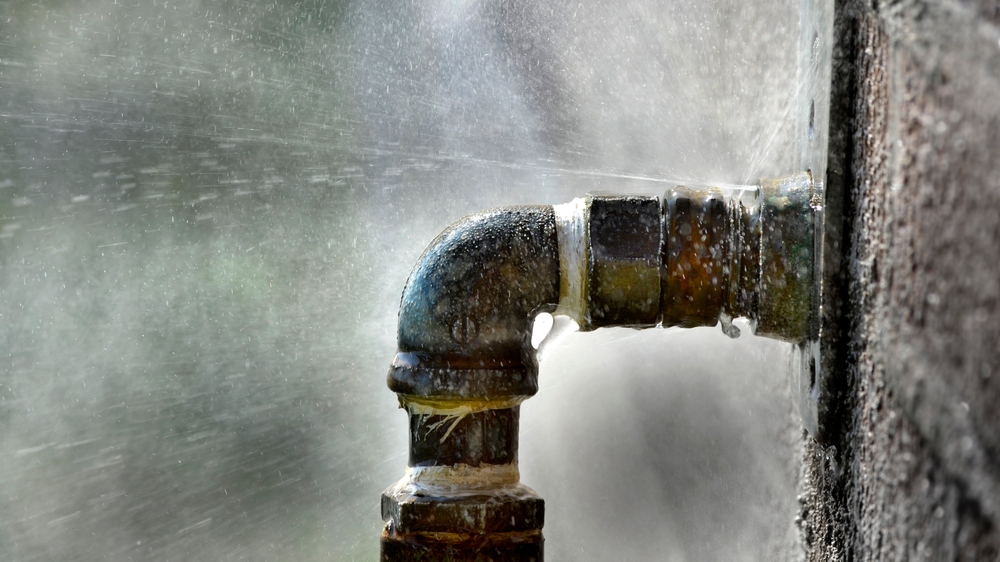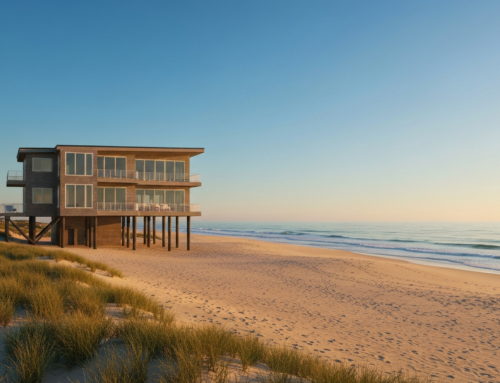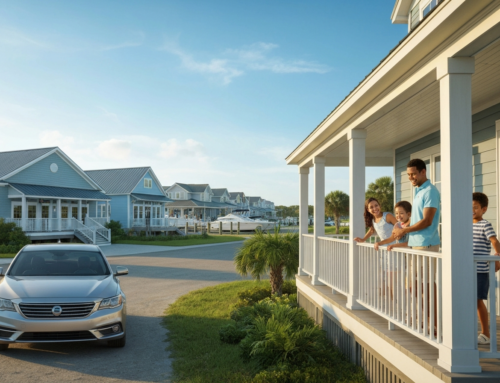Plumbing issues can cause significant damage to your home, leading many homeowners to wonder whether their insurance policy will cover the costs. Plumbing-related problems, such as burst pipes, leaks, or water damage, can be expensive to repair and disruptive to your daily life. Understanding the extent of your homeowners insurance coverage is essential for managing unexpected plumbing issues. At Beach Insurance LLC, serving Wilmington, Greenville, Charlotte, Myrtle Beach, and Charleston, we’re here to break down the details of how plumbing problems are typically covered under homeowners insurance policies.
1. Plumbing Issues Generally Covered by Homeowners Insurance
Homeowners insurance often covers plumbing-related damage, but only under specific circumstances. The key factor is whether the damage was sudden and accidental, rather than due to long-term neglect or wear and tear.
Examples of Covered Situations:
- Burst Pipes: If a pipe bursts due to freezing temperatures or sudden pressure changes, the resulting water damage is typically covered.
- Appliance Malfunctions: Water damage from an appliance, like a washing machine or water heater, may be covered if the malfunction was unexpected.
- Accidental Overflows: If a plumbing fixture, such as a toilet or sink, overflows and causes water damage, your policy may provide coverage.
Pro Tip: Coverage usually applies to repairing the water damage but not necessarily to fixing the faulty plumbing itself.
2. When Plumbing Issues Are Not Covered
There are situations where homeowners insurance does not cover plumbing-related damage. These exclusions typically stem from neglect, lack of maintenance, or gradual deterioration.
Examples of Exclusions:
- Neglect and Poor Maintenance: If a pipe leaks due to long-term neglect, such as failing to fix a small drip that worsens over time, the damage may not be covered.
- Wear and Tear: Aging pipes or fixtures that naturally deteriorate over time are not covered under most policies.
- Flood Damage: Damage caused by external flooding (e.g., rising rivers or heavy rainfall) is not covered by standard homeowners insurance. You’ll need separate flood insurance for this type of damage.
Pro Tip: Regular plumbing maintenance and inspections can help you avoid issues that may not be covered.
3. Understanding Water Damage vs. Plumbing Repair Costs
It’s important to distinguish between coverage for water damage and coverage for plumbing repair. Homeowners insurance typically covers the resulting water damage but not the cost of repairing or replacing the plumbing system itself.
What’s Typically Covered:
- Water Damage Restoration: Repairing walls, floors, and personal property damaged by water is usually covered.
- Mold Remediation: If water damage leads to mold growth, your policy may cover mold remediation, depending on the terms and limits.
What’s Not Covered:
- Plumbing Repairs: Fixing the broken pipe or leaky fixture that caused the damage is generally the homeowner’s responsibility.
- Upgrades and Improvements: Upgrading old plumbing systems to prevent future issues is not covered by insurance.
Pro Tip: Consider setting aside an emergency fund for plumbing repairs not covered by insurance.
4. Optional Coverages for Enhanced Protection
To fill gaps in standard homeowners insurance, you can explore additional coverages that provide enhanced protection for plumbing-related issues.
Optional Coverages to Consider:
- Water Backup Coverage: Protects against damage caused by sewer backups or sump pump failures, which are not included in standard policies.
- Flood Insurance: Covers water damage from external flooding, a crucial addition for homes in flood-prone areas.
- Service Line Coverage: Covers the cost of repairing or replacing underground service lines, such as water and sewer pipes, that connect to your home.
Pro Tip: Discuss these optional coverages with your insurance agent to determine what’s right for your home.
5. Steps to Prevent Plumbing Issues
Taking proactive steps to maintain your plumbing system can reduce the likelihood of costly damage and potential insurance claims.
Maintenance Tips:
- Insulate Pipes: Insulate pipes in unheated areas to prevent freezing during cold weather.
- Monitor Water Pressure: Install a water pressure regulator to prevent pipes from bursting due to excessive pressure.
- Check for Leaks: Regularly inspect faucets, pipes, and appliances for signs of leaks or wear.
- Maintain Water Heater: Flush your water heater annually to remove sediment buildup and extend its lifespan.
Pro Tip: Keep detailed records of maintenance and repairs to provide documentation if you need to file a claim.
Homeowners insurance can provide coverage for certain plumbing-related issues, but understanding the specifics of your policy is essential. While sudden and accidental damage is often covered, exclusions for neglect, wear and tear, and flood damage mean proactive maintenance is key to avoiding costly repairs. For personalized advice and to ensure your policy meets your needs, contact Beach Insurance LLC at 843-718-0075. Whether you’re in Wilmington, Greenville, Charlotte, Myrtle Beach, or Charleston, our team is here to help you protect your home and finances.







Leave A Comment